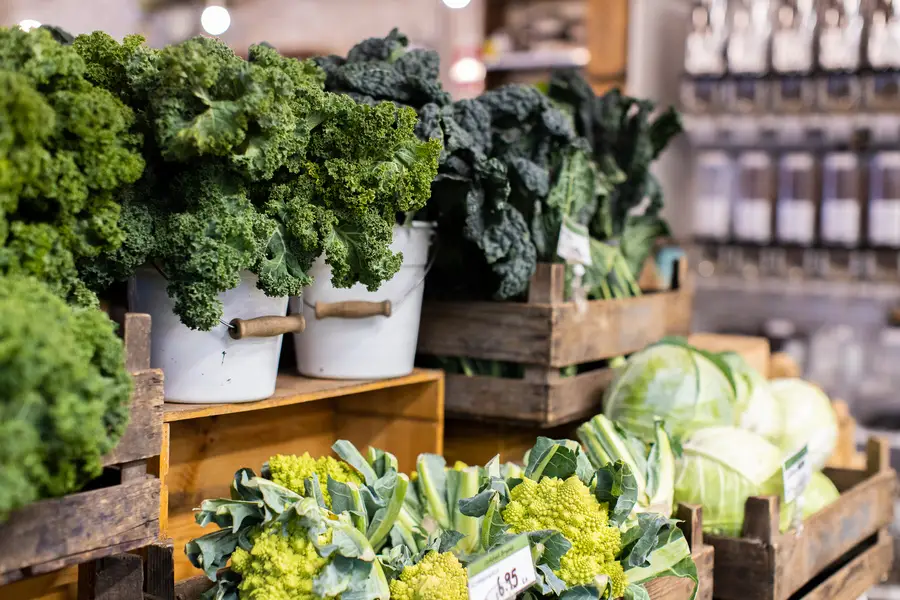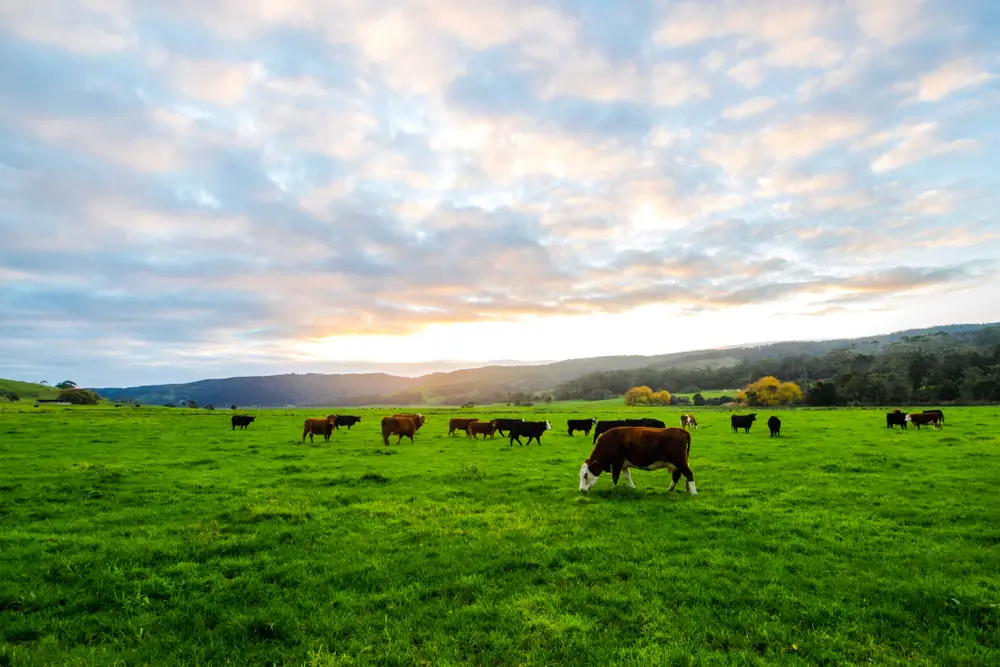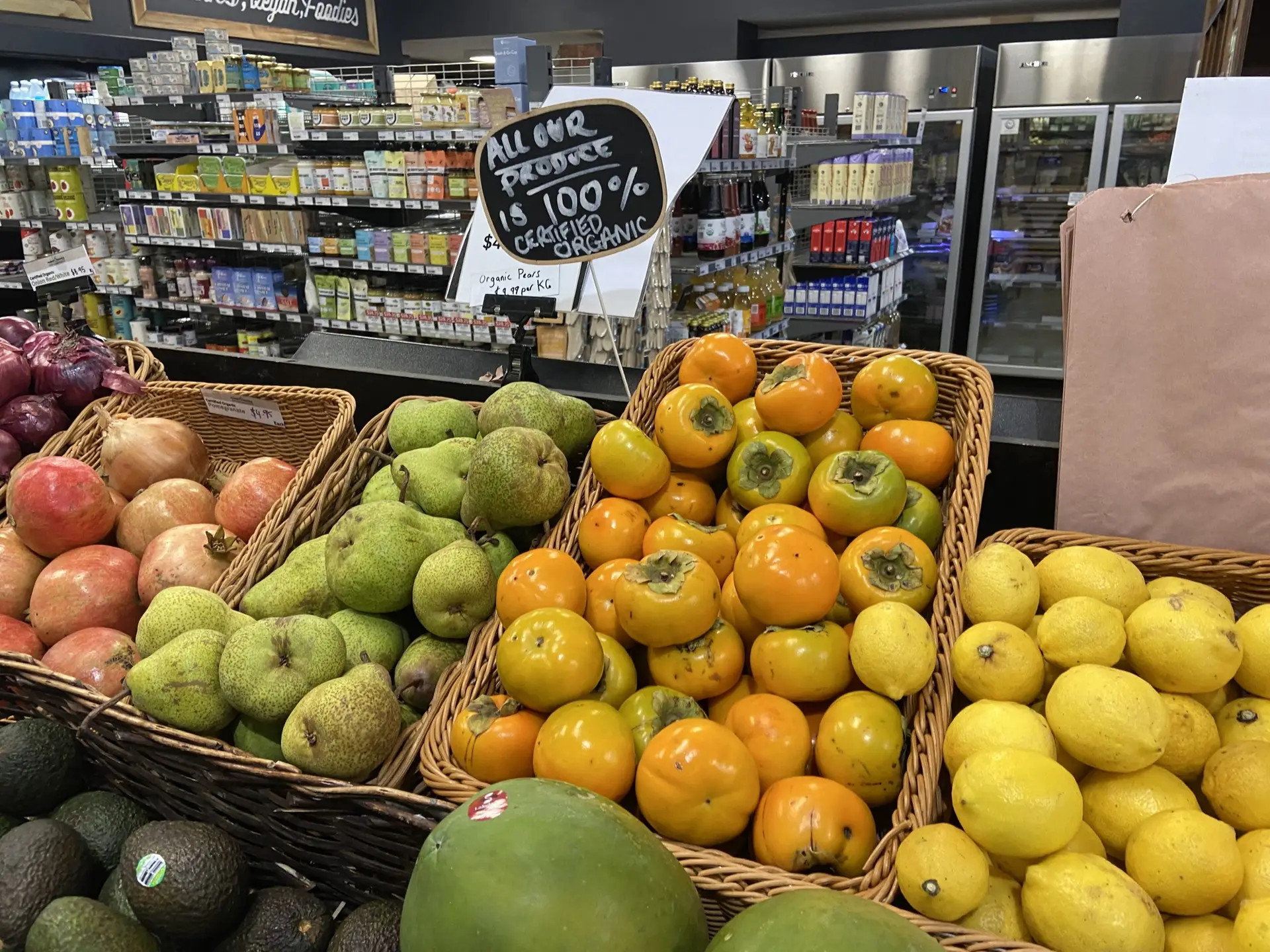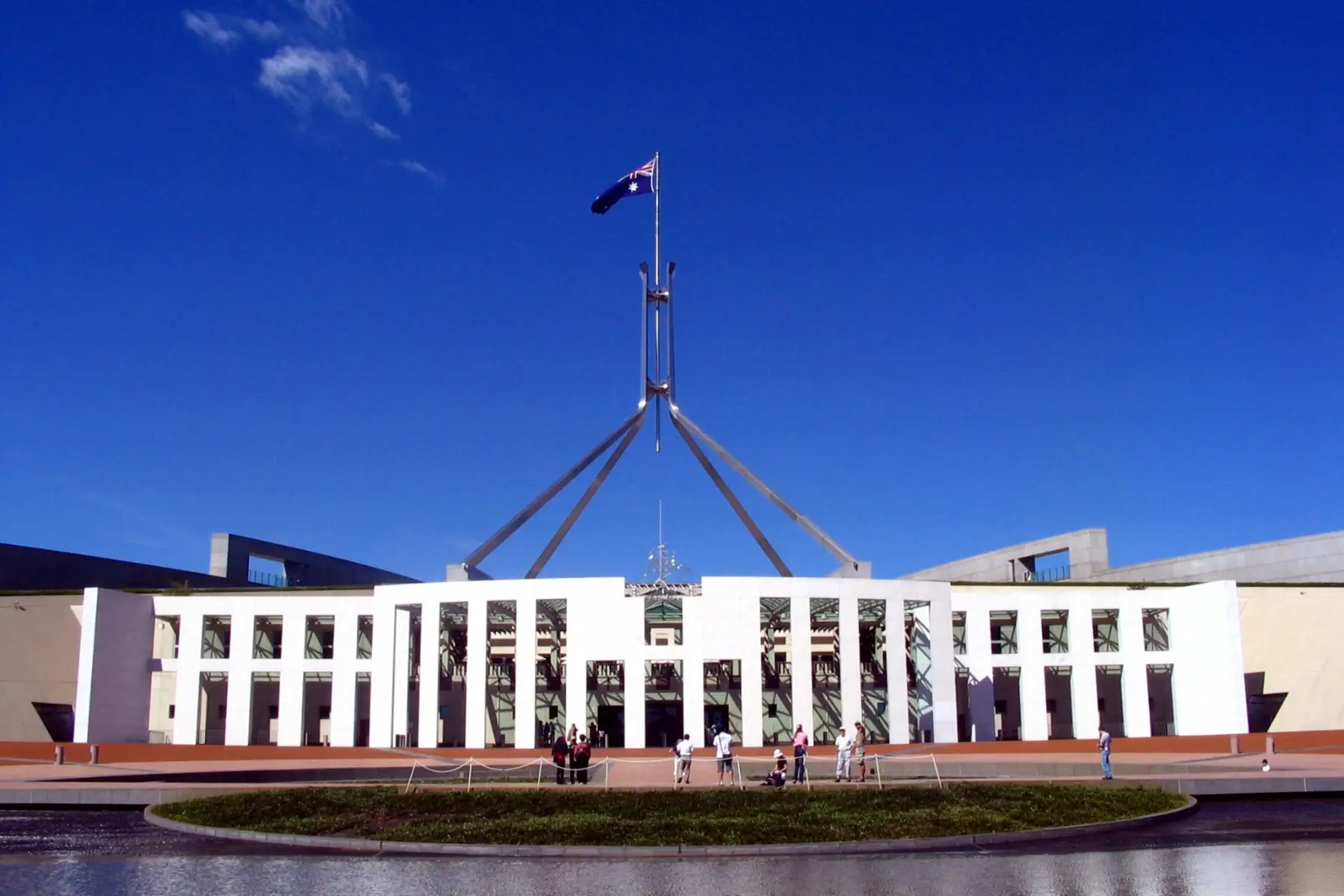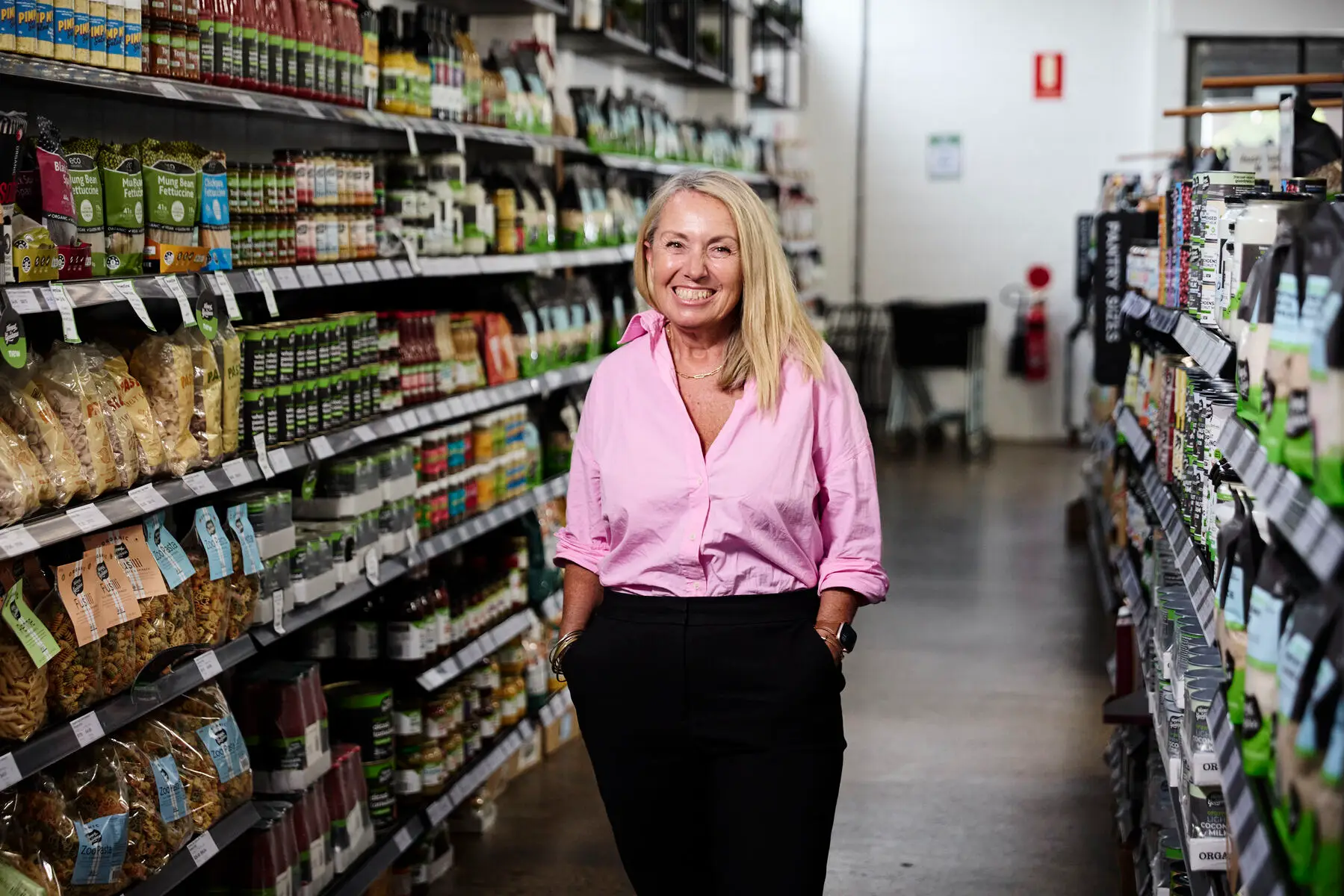Peak representative body Australian Organic Limited (AOL) has taken its campaign for mandatory domestic regulation of the organic industry to Canberra, as organic producers and businesses grow increasingly frustrated by the protracted pathway to an urgently needed regulatory framework.
AOL Chair and highly regarded organic wine producer, Mike Brown, along with AOL Chief Executive Officer, Niki Ford, met with almost 20 parliamentarians and stakeholders from across the country last week, to refocus decision makers’ attention on the issue that continues to unnecessarily impede Australia’s more than $2 billion organic industry.
The Minister for Agriculture’s office and Department of Agriculture, Fisheries and Forestry (previously the Department of Agriculture, Water and the Environment) have been reviewing the domestic organic industry framework since early 2019, with Australia one of the last developed countries in the world to not have domestic regulation for organic products. This equates to both serious limitations to organic operators in their ability to access and be competitive in lucrative international markets, and the potential for deception of local organic consumers through misrepresentative labelling.
Ms Ford said industry was increasingly baffled by the lack of progress and failure of decision makers to implement what is entirely common-sense change.
“This is an industry that makes a substantial contribution to human and planetary wellbeing, as well as to the Australian economy, but AOL has been working with government on the introduction of domestic regulation for four long years,” Ms Ford said.
“Despite this protracted conversation and compelling evidence to show mandatory domestic regulation is the best way forward, Australia’s organic producers and businesses remain without a solution to a problem that is big on consequences but can very simply be resolved through common-sense regulation – regulation the industry itself is crying out for.
“Over the past week, we were heartened by our positive discussions with a range of Members of Parliament from each side of politics, as well as a number of supportive industry stakeholders, but given how long running this process has been, we are more resolute than ever to continue pushing this important agenda. We do this in the interests of our members, all of industry and the many millions of consumers who enjoy organic products here and overseas.”
Key issues faced by industry as a result of the lack of mandatory domestic regulation include:
- Reduced consumer confidence due to Australia being the last developed nation in the world without a mandatory domestic standard for use of the term ‘organic’ on product labelling, meaning consumers may easily be misled by falsely described foods. The Australian Certified Organic ‘Bud’, the nation’s most recognised organic trust mark, remains one of the best ways to ensure consumers can feel confident in their purchases.
- Reduced access to important export markets due to a number of countries Australia shares trade agreements with requiring a domestic standard equivalent to their own. Because of this, individual exporting businesses must either invest significantly in working through increased red tape to access these markets or pass up on opportunities within these markets altogether.
Since 2019, the review of the domestic organic industry framework has included AOL preparing an extensive discussion paper highlighting options for domestic regulation, the creation of the Organic Industry Advisory Group (OIAG) to investigate options for regulation of the organic industry and prepare a final report for the Minister of Agriculture (released in June 2021), and the announcement of a consultation regulatory impact statement (RIS) process including an industry roundtable and submissions.
A report from the consultation RIS was prepared in April 2022, prior to the May 2022 election, however this document is yet to be made publicly available. Since last year’s election, AOL has also continued to hold discussions with the new government and relevant departments.
“AOL has had serious conversations with governments and the Department, and presented workable and effective recommendations for the best way forward, since February 2019 yet we still remain without an answer,” Ms Ford said.
“We know Australia produces some of the most stringently certified, highest quality and safest organic food and products in the world, but we continue to be hamstrung by this issue.
“We now hope to urgently work with Minister Murray Watt and his Department to give this issue the attention it deserves and implement a framework that will put us back on a level playing field with international competitors and assure domestic consumers they are taking home what they paid for.”
- For more information and to show your support to Australia’s organic producers and businesses go to www.austorganic.com/about-us/domestic-regulation-statement-of- support/
Media enquiries:
Stacey Wordsworth
stacey.wordsworth@bluehillpr.com.au
0438 394 371
Hannah Hardy
hannah.hardy@bluehillpr.com.au
0421 196 004
